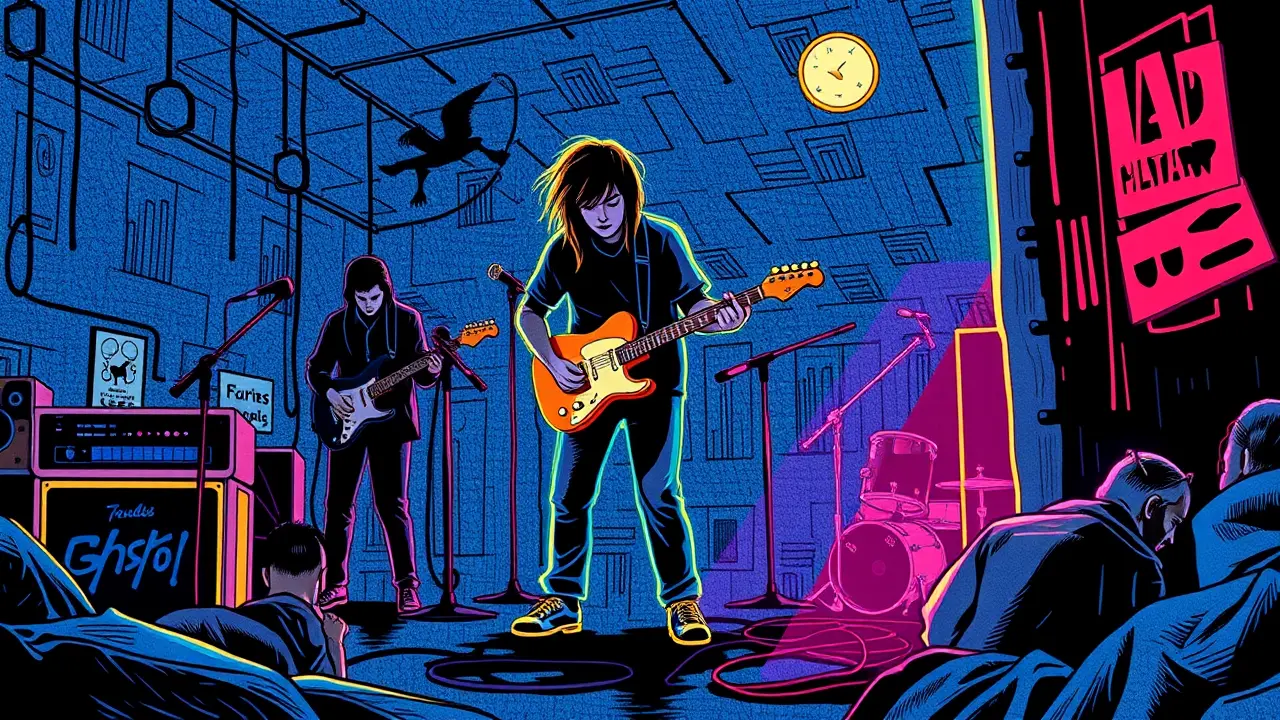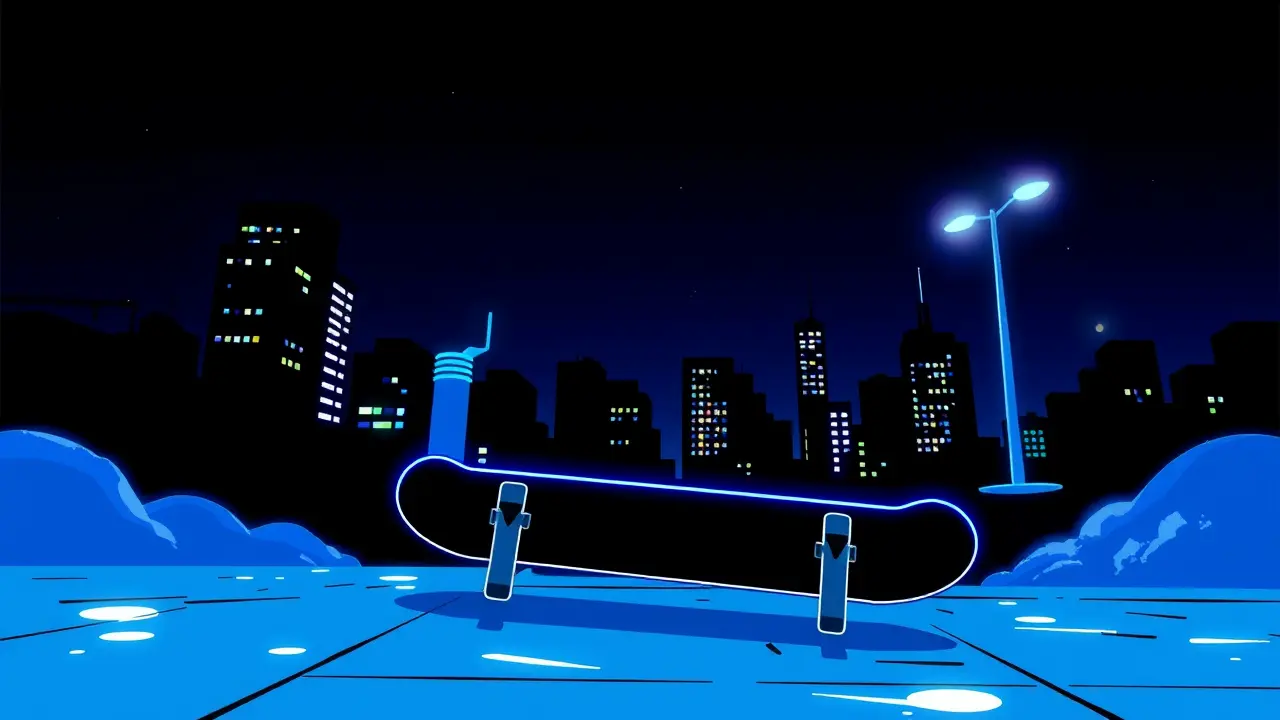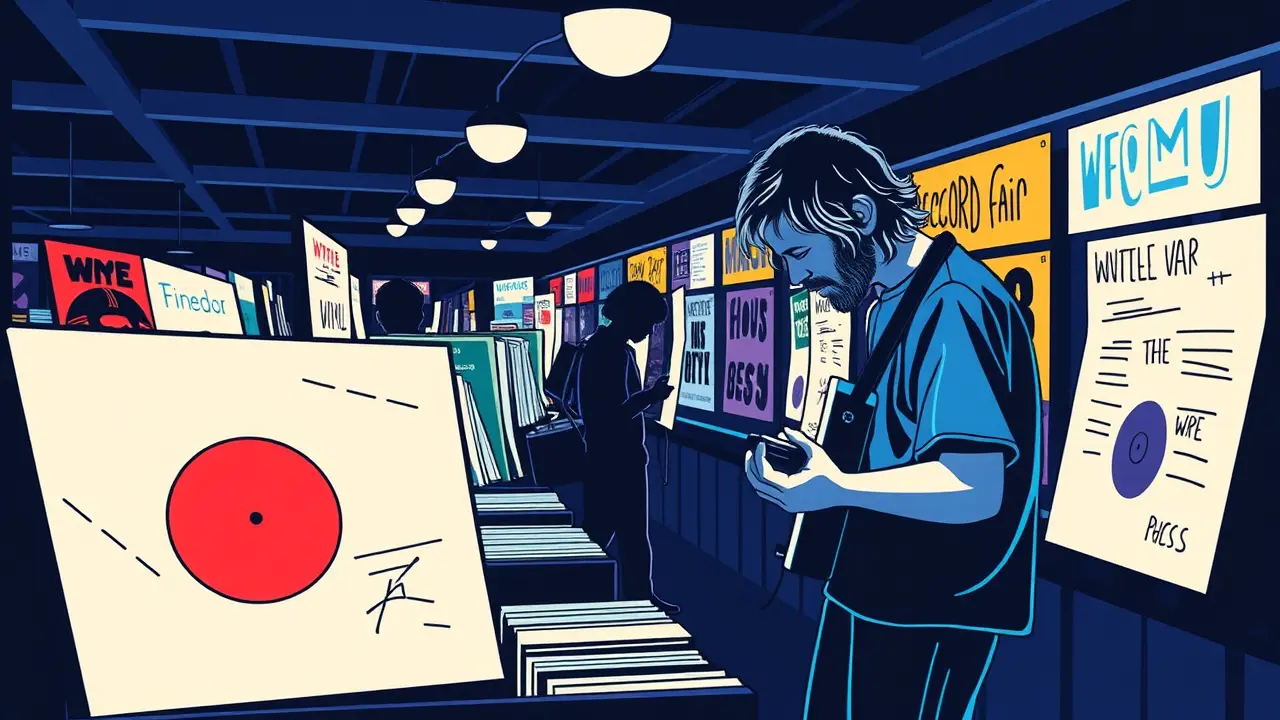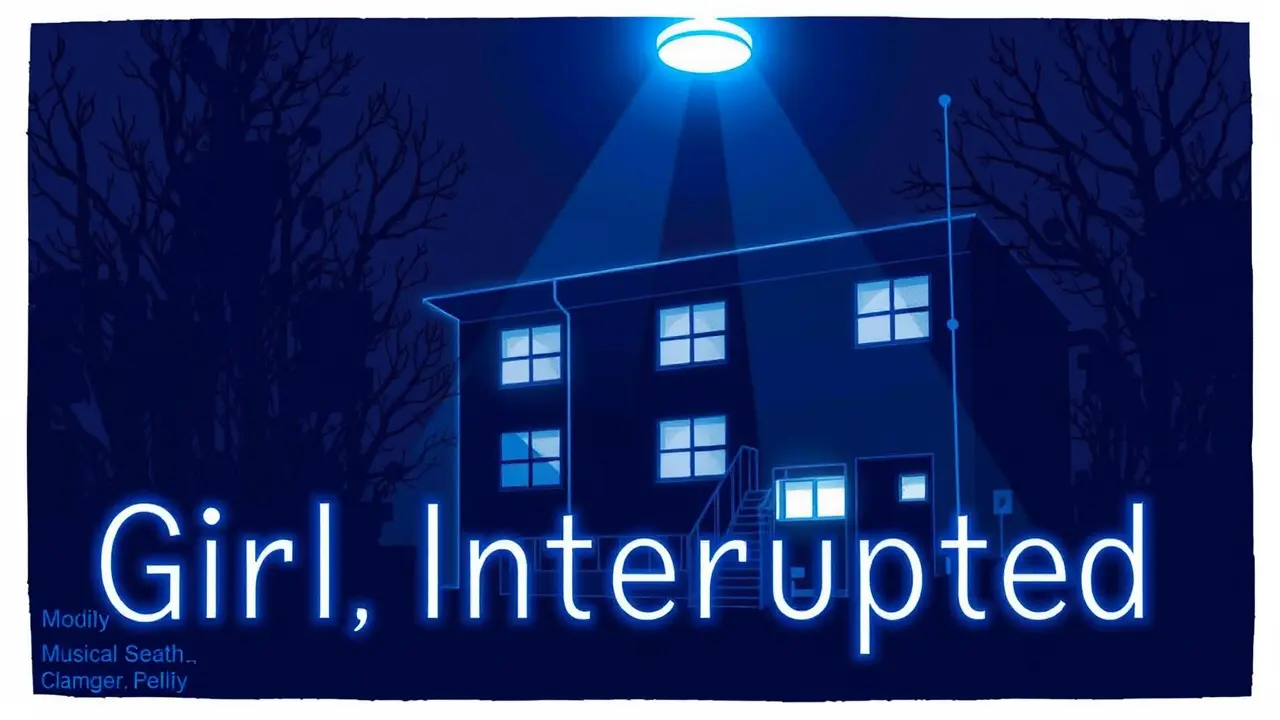
EntertainmentmusicArtist Interviews
Chris Cornell Discusses Artists He Admired and Criticized
BR
Brian Miller
9 hours ago7 min read5 comments
In the grand, often self-serious theater of rock and roll, where public admiration is currency and feuds are carefully curated for the press, the late, great Chris Cornell operated with a raw, unvarnished honesty that became his signature. The revelation that he channeled his specific disdain for the performative personas of artists like Sammy Hagar and Bono into the searing, apocalyptic fury of Soundgarden's 'Jesus Christ Pose' is more than just a piece of rock trivia; it's a key to understanding the philosophical chasm that separated the grunge vanguard from the glam-rock and stadium-pop excesses of the previous decade.Cornell, with his four-octave vocal range that could shift from a melancholic whisper to a primal scream, was the antithesis of the rock star as a untouchable deity. His songwriting, particularly on the seminal 'Badmotorfinger' album where 'Jesus Christ Pose' resides, was a complex tapestry of existential dread, social commentary, and personal torment, a far cry from Hagar's feel-good 'I Can't Drive 55' bravado or Bono's messianic, arena-scale sermonizing.The track itself is a masterclass in controlled aggression, built on a foundation of Matt Cameron's polyrhythmic, almost tribal drumming and Kim Thayil's dissonant, Eastern-tinged riffage, over which Cornell snarls accusations of hypocrisy and vanity. This wasn't mere jealousy or petty rivalry; it was a profound artistic statement against what he perceived as the hollow commodification of rebellion and the ego-driven spectacle that diluted rock's potent, transformative power.It's crucial to place this within the context of the early '90s Seattle scene, a movement built on authenticity, flannel-shirted grit, and a deep suspicion of mainstream corporate rock. For bands like Soundgarden, Nirvana, and Pearl Jam, every note felt earned, every lyric mined from genuine emotional depth.To see their contemporaries, or immediate predecessors, engaging in what they viewed as pantomime was an artistic affront. This dynamic illustrates a recurring tension in music history: the push and pull between accessibility and integrity, between the populist entertainer and the challenging artist.Cornell's critique, immortalized in one of the most powerful songs of the era, wasn't about silencing these voices but about asserting a different, more visceral truth. His legacy, therefore, is not just in the songs he loved and created out of admiration, but equally in the scorching art he forged from his well-justified contempt, a permanent fixture on the playlist for anyone who believes rock should unsettle rather than simply placate.
#featured
#Chris Cornell
#Soundgarden
#Jesus Christ Pose
#music criticism
#rock stars
#Bono
#Sammy Hagar
Stay Informed. Act Smarter.
Get weekly highlights, major headlines, and expert insights — then put your knowledge to work in our live prediction markets.
Related News
© 2025 Outpoll Service LTD. All rights reserved.














